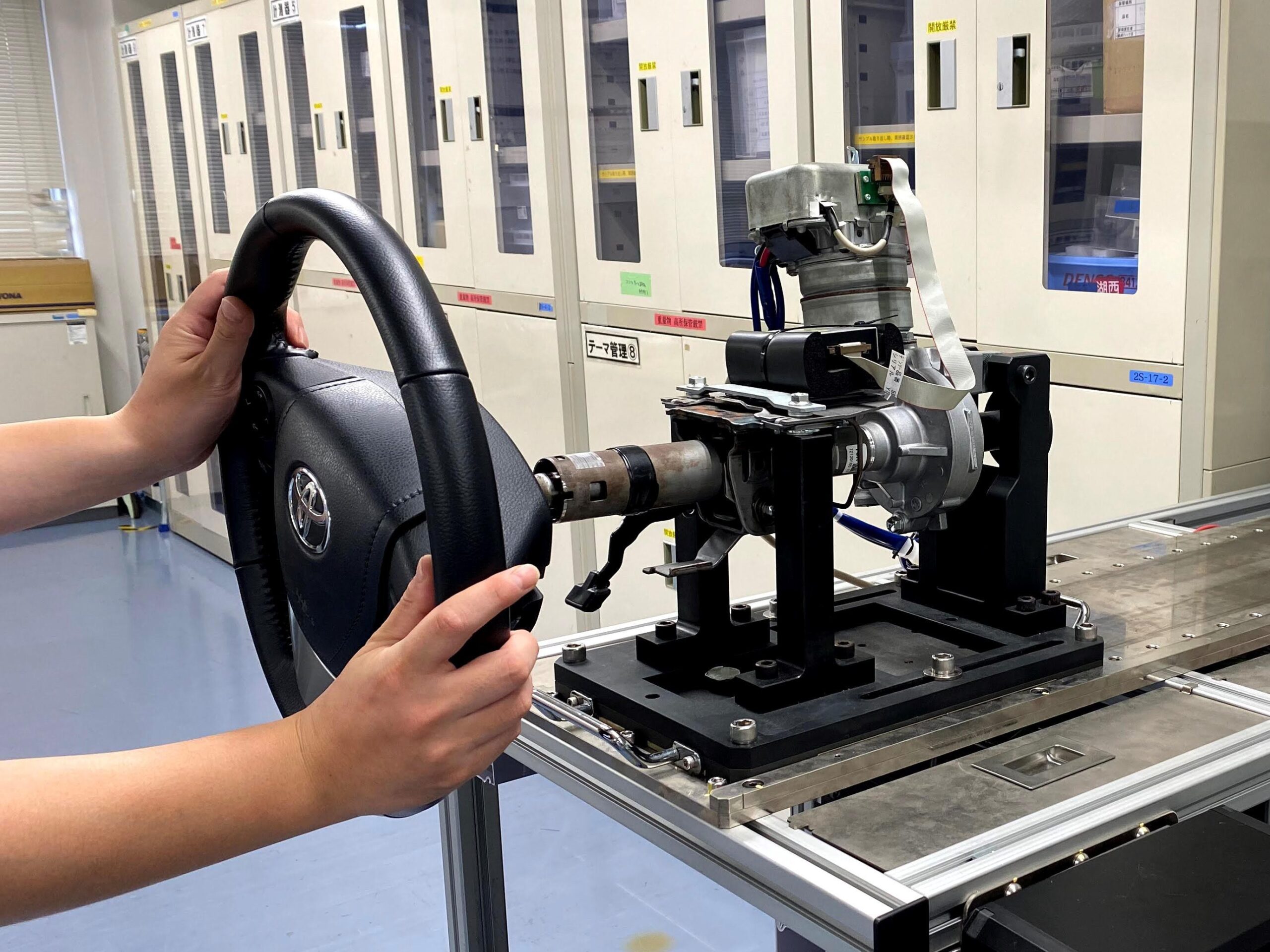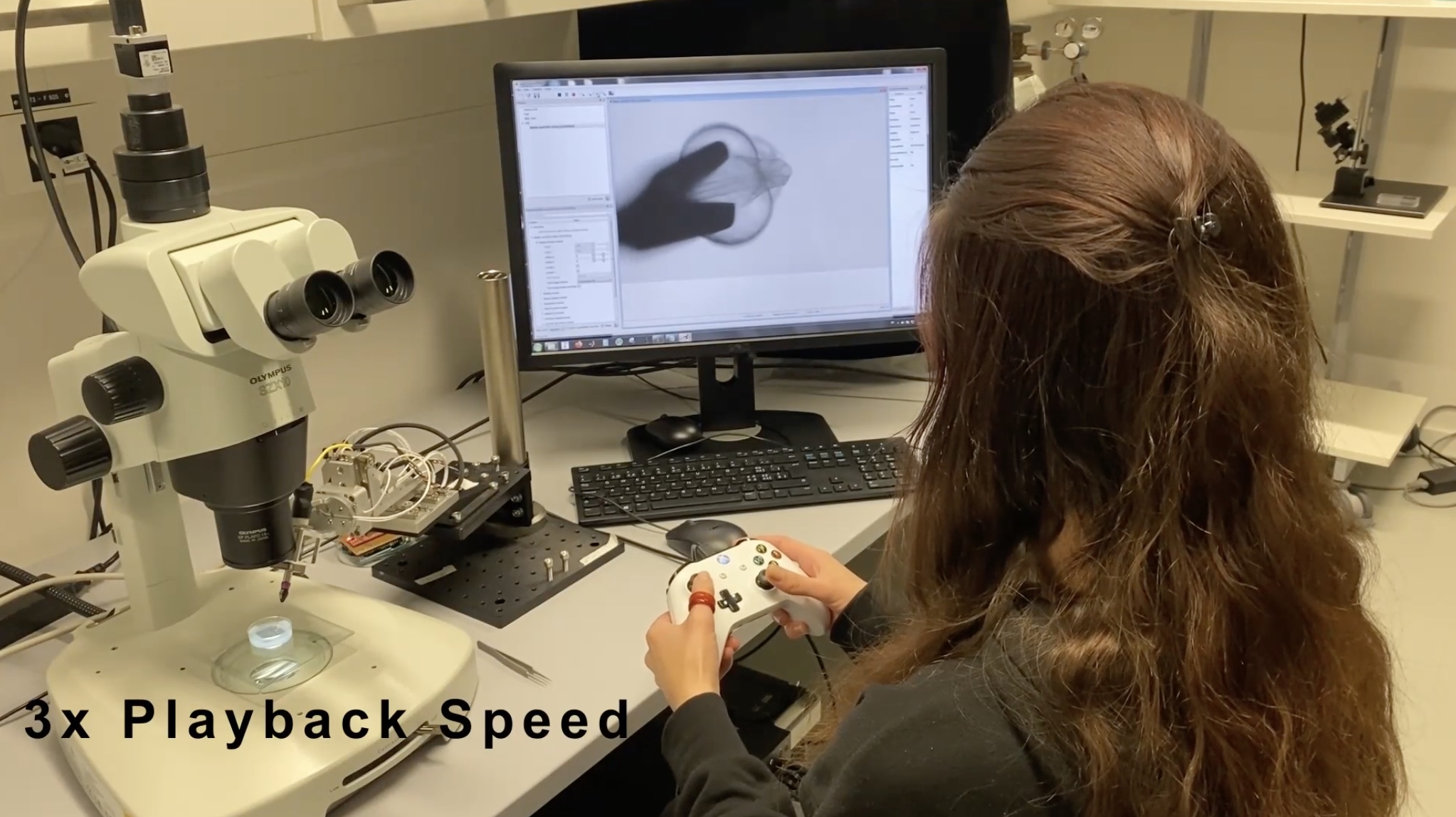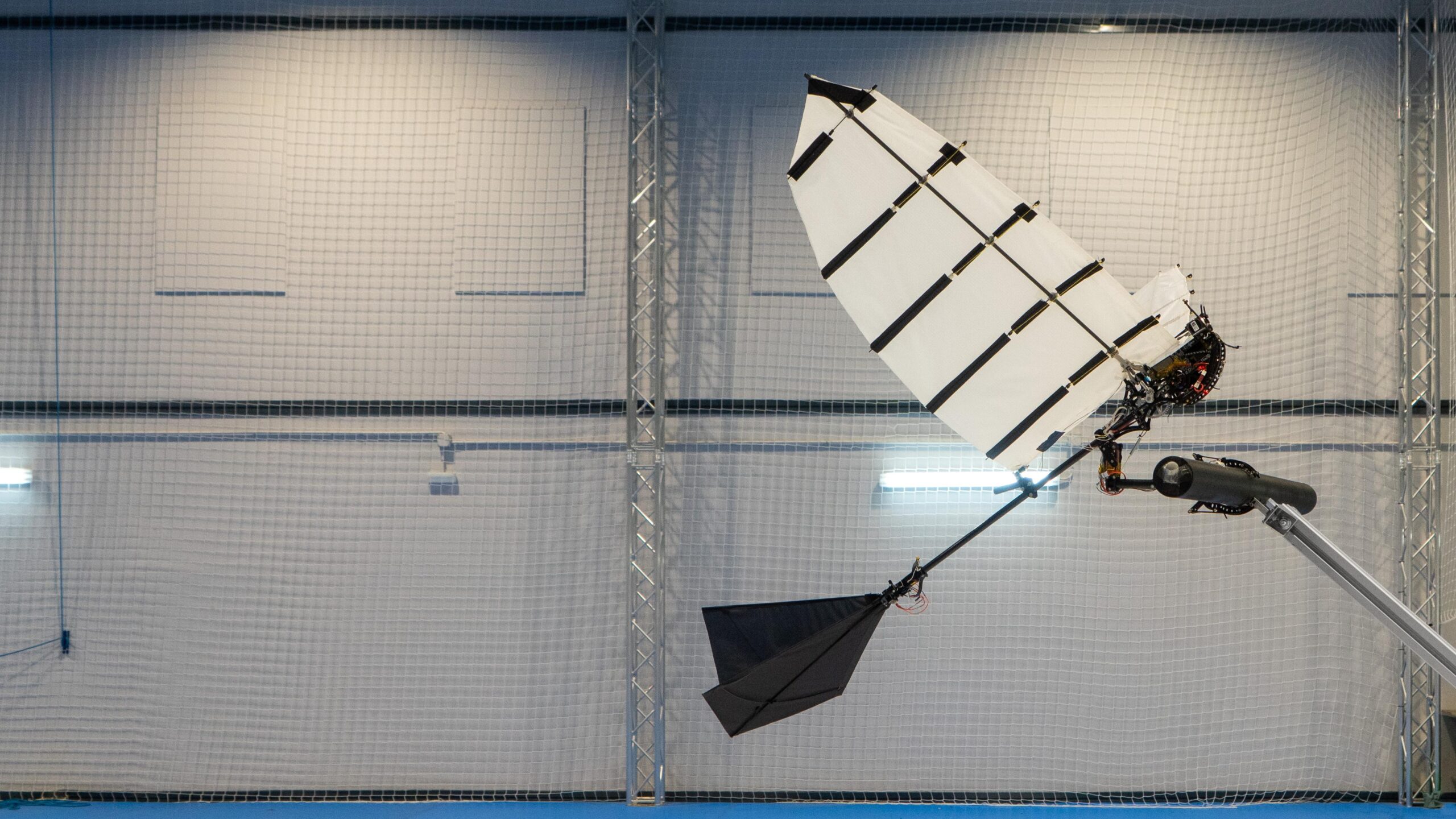Science des systèmes intelligents et complexes
La fusion des mondes virtuel et physique grâce au développement de systèmes intelligents, de technologies portables, de collègues robotiques, d’appareils intelligents, de la technologie des drones, de la réalité augmentée, de maisons intelligentes et de l’intelligence artificielle, a un impact sur l’ingénierie. Notre faculté développe des méthodologies de pointe qui favorisent des systèmes autonomes avec des applications dans les domaines de la fabrication, des soins de santé, de l’énergie, des systèmes de transport, de l’éducation, de la sécurité et de la protection de la vie privée.

Actualités associées

Autonomous steering system keeps human drivers engaged
Researchers from EPFL and JTEKT Corporation have developed an automated driving system based on the concept of ‘collaborative steering’, which aims to increase transportation safety, efficiency, and comfort by encouraging active interaction between autonomous vehicles and their human drivers.

A robotic microsurgeon reveals how embryos grow
EPFL scientists, including Selman Sakar of the School of Engineering, have built a robotic microsurgery platform that can perform high-precision, micrometer-resolution dissections to advance our understanding of how the vertebrate body forms during embryonic development.

Researchers develop winged robot that can land like a bird
Researchers at EPFL and the University of Seville have developed a method that allows a flapping-wing robot to land autonomously on a horizontal perch using a claw-like mechanism. The innovation could significantly expand the scope of robot-assisted tasks.
Actualités associées
-

Researchers from EPFL and JTEKT Corporation have developed an automated driving system based on the concept of ‘collaborative steering’, which aims to increase transportation safety, efficiency, and comfort by encouraging active interaction between autonomous vehicles and their human drivers.
-

EPFL scientists, including Selman Sakar of the School of Engineering, have built a robotic microsurgery platform that can perform high-precision, micrometer-resolution dissections to advance our understanding of how the vertebrate body forms during embryonic development.
-

Researchers at EPFL and the University of Seville have developed a method that allows a flapping-wing robot to land autonomously on a horizontal perch using a claw-like mechanism. The innovation could significantly expand the scope of robot-assisted tasks.
